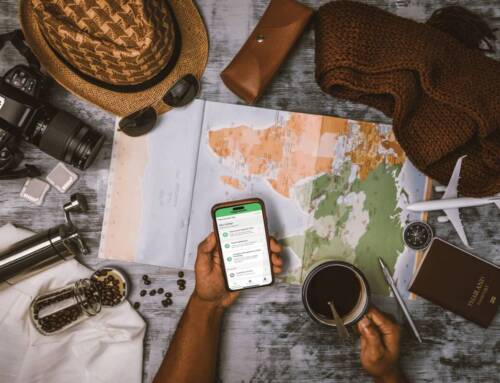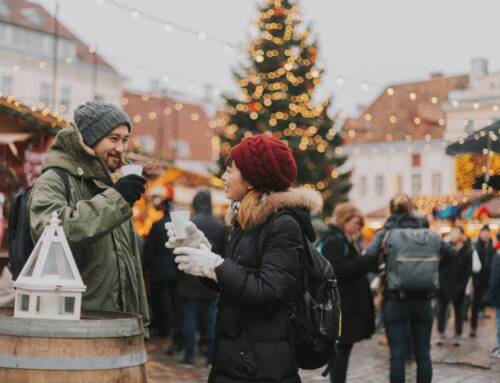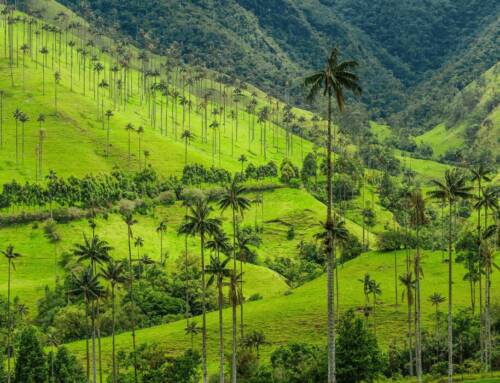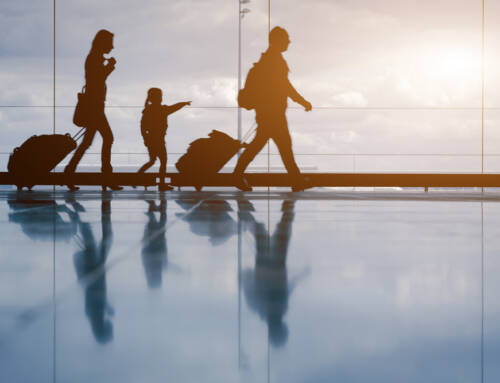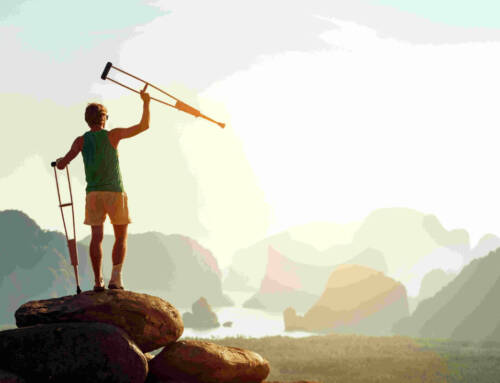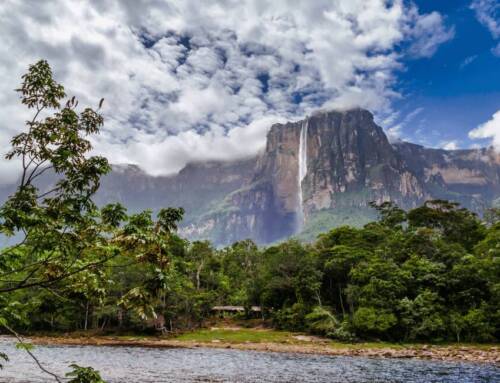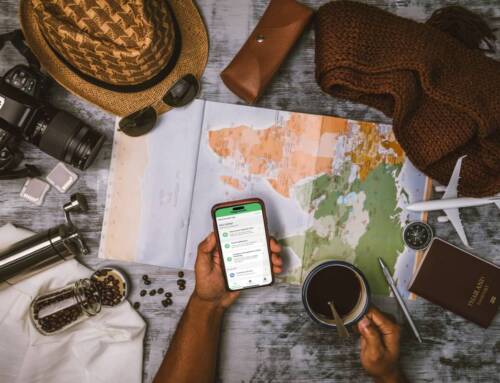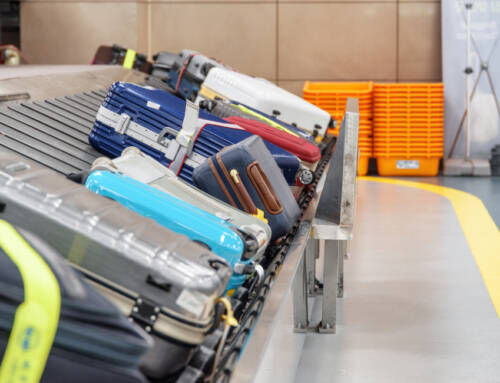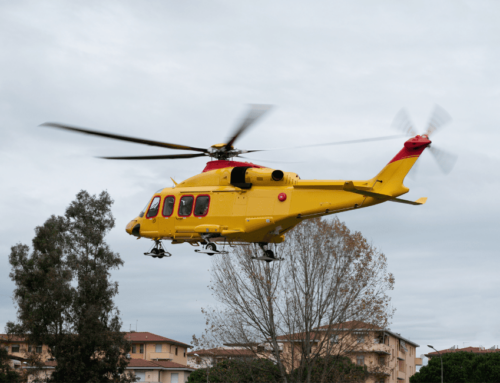Panama awaits you with vibrant jungles. Discover also pristine beaches and a rich culture. It is a fascinating destination in Central America. However, like any great adventure, preparation is essential
Safety in Panama is comparable to many popular tourist spots. With smart planning, you will maximize your enjoyment. Our goal is for you to travel with complete peace of mind.
How do you achieve this? By understanding key safety practices. And crucially: by protecting yourself from the unexpected.
Travel insurance is your best travel companion. It offers comprehensive coverage. This allows you to focus solely on enjoying your trip.
Index
Smart planning: Before you go
A safe trip begins long before you pack your suitcase. Research and prevention are your best tools.
Know the local laws
It is vital to understand Panamanian laws. This covers traffic regulations and public behavior.
- Avoid legal trouble: Be aware of local rules. This prevents misunderstandings with authorities.
- Traffic Laws: If you plan to drive, know the regulations. If walking, understand how traffic operates.
A fine can ruin your vacation completely.
Areas to avoid
Most of Panama is safe for tourism. Yet, some specific high-risk areas exist.
Research and proactively steer clear of these locations:
- Border Regions: The area near the Colombian border, especially the Darien Gap, is dangerous. Avoid it entirely.
- Known hot spots: Areas like the Mosquito Gulf on the Northern Caribbean Coast have been cited for illicit activities.
- Urban risk zones: In cities, some neighborhoods or rural areas have higher rates of crime. This includes armed robbery and petty crimes like pickpocketing.
Safety travel tip: If you accidentally wander into a less safe area, stay vigilant. Do not walk alone. Do not show off valuable items. Protection starts with personal caution.
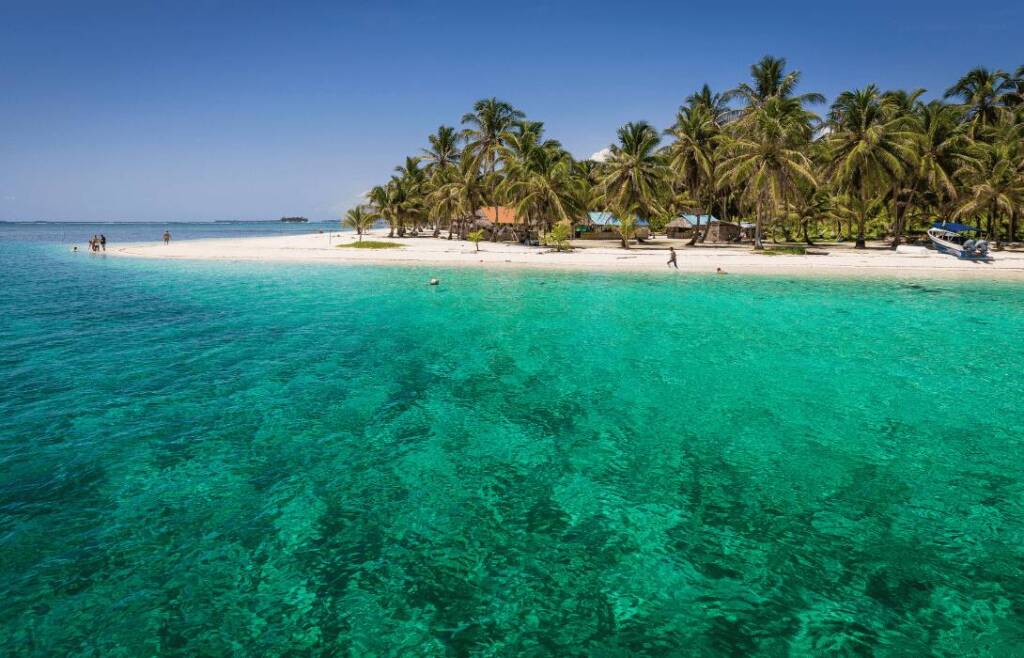
Moving safely in Panama
Transportation is key to your adventure. But it requires attention to avoid incidents or theft.
Public transport precautions
Public transport is a great way to get around. However, you must be careful.
- Identify official services: Use only registered taxis or ride-sharing services. Some criminals may pose as drivers to target tourists.
- Confirm and agree: Confirm the fare and route before getting in. Avoid vehicles without seatbelts.
- Be assertive: If a driver is speeding or attempts to pick up extra passengers, ask them to stop. Your safety is the priority.
Avoiding night driving
Avoiding driving after dark is a crucial recommendation. Panamanian roads can be challenging:
- Poor conditions: Outside of major highways, road conditions are often poor.
- Dangerous driving: Reckless driving practices are unfortunately common.
- Roadside robberies: There have been reports of roadside robberies, especially at night.
💡 The role of travel insurance: If you have a car accident or a theft incident while driving, a plan with strong coverage for traffic incidents and lost luggage is essential. Heymondo offers 24-hour assistance to guide you.
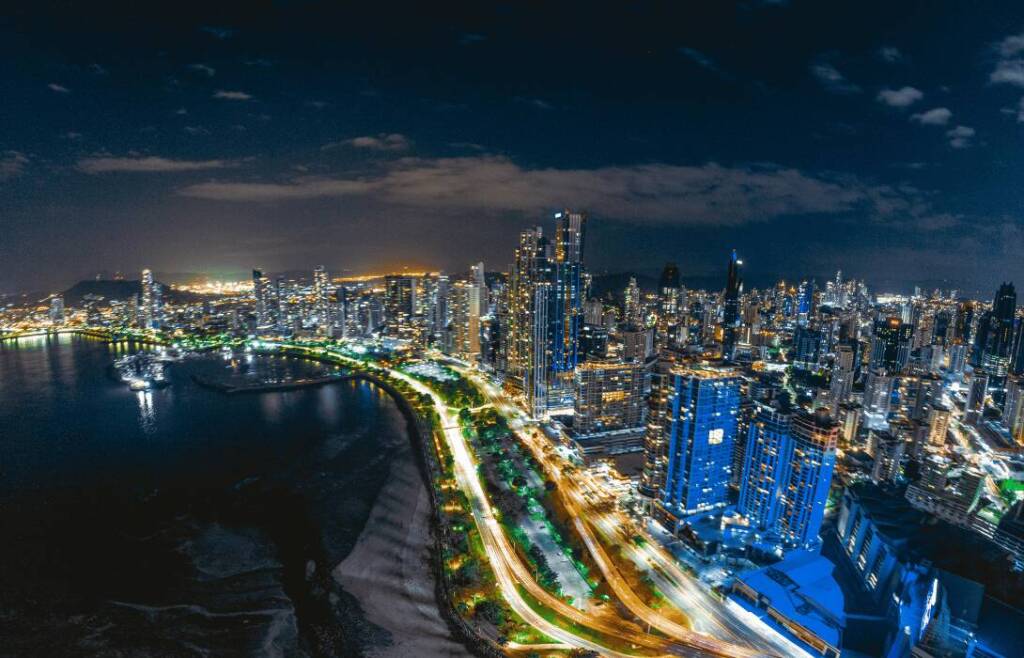
Handling emergencies and health risks
Even the best-planned trips can face unexpected events. Knowing how to react in an emergency is crucial.
Emergency contact information
Before you leave, save these key local numbers in your phone. This simple step saves valuable time.
- Police: Dial 104 for the National Police.
- Ambulance: Dial 911 for medical emergencies (Panama uses a centralized system).
- Heymondo: Access our assistance app for immediate 24/7 help worldwide.
Avoiding unrest and crowds
Stay alert regarding local demonstrations or civil unrest. These events can quickly escalate.
- Avoid large gatherings: They can be hot spots for criminal activity. Pickpockets and opportunists thrive in crowds.
- Check local news: Stay informed about potential strikes or protests planned during your trip.
- Exercise caution: If you find yourself near a demonstration, leave the area calmly and quickly.
Health risks and prevention
Panama has healthcare facilities, but costs are very high for non-residents. Protecting your health starts with preparation.
Mosquito-borne illnesses
Mosquitoes are present, especially outside urban centers. They carry risks like Dengue or Zika.
- Malaria pills: If you plan to visit remote, rainier areas (like the Caribbean coast), consult your physician. They will advise if anti-malaria medication is necessary.
- Repellents: Use strong insect repellent, especially at dawn and dusk.
- Physical protection: Sleep under a mosquito net if staying in remote areas. Wear long-sleeved shirts and pants when outdoors.
The peace of mind of travel insurance
No matter how cautious you are, a medical emergency abroad is terrifying and expensive.
- High costs: Without coverage, you are fully responsible for all medical expenses. These can easily reach tens of thousands of dollars.
- Heymondo support: We provide substantial medical coverage, with limits of up to $10,000,000 USD. This ensures you receive top-quality care without financial stress.
- 24/7 Assistance: If you need a doctor, our assistance team is available around the clock. They can direct you to the nearest reputable clinic.

Understanding Panamanian laws and activities
Panama’s location makes laws regarding controlled substances incredibly strict.
- Zero tolerance: Possession of any illegal drug, even small amounts of substances legal in other countries, is a serious crime.
- Severe penalties: Penalties can include lengthy prison sentences, up to 15 years.
- Public consumption: Drinking alcohol is prohibited in certain public spaces, like some beaches or parks.
Protect yourself with Heymondo Travel Insurance. While insurance does not cover illegal actions, it can offer legal assistance if you are wrongly accused or detained.
Choosing safe activities
Adventure is part of the Panama experience. Ensure your operators meet high safety standards.
- Tour operators: Always research your tour company before booking. They must be licensed and follow safety protocols. Look for traveler recommendations.
- Water safety: Lifeguards are not common on many Panamanian beaches.
- Be aware of strong currents and potential riptides.
- Always swim with at least one companion.
- Check local conditions with locals before entering the water.
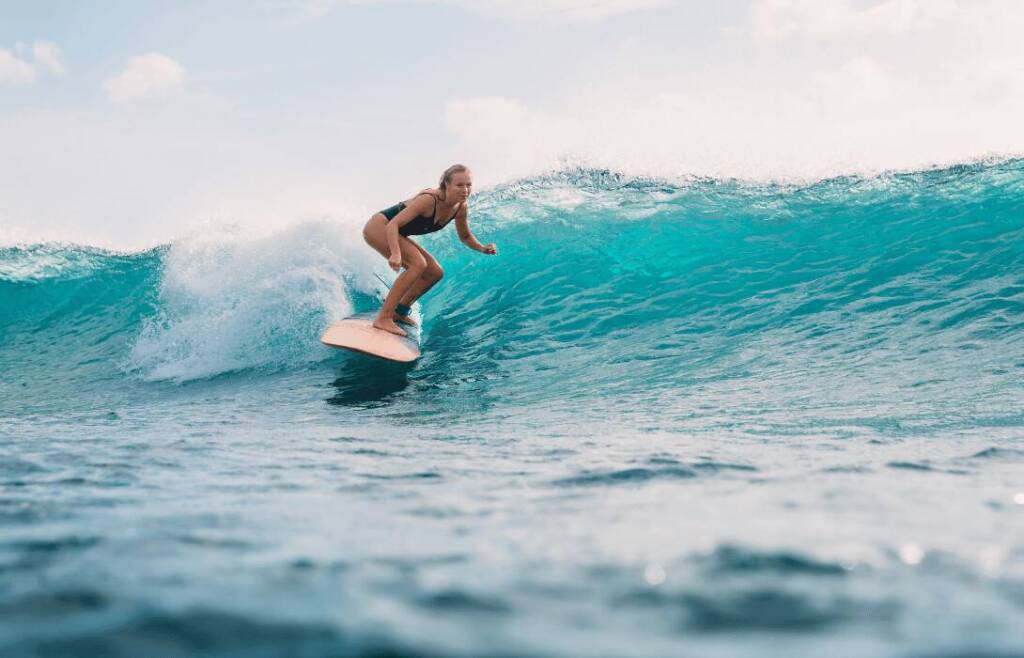
Frequently asked questions
We answer some of the most common questions about safety in Panama.
Is Panama safer than Costa Rica?
Both Panama and Costa Rica are considered relatively safe destinations. Neither is universally safer than the other. Both have similar challenges, such as petty theft and specific dangerous neighborhoods. The key is for you to take personal precautions and secure your trip. It is very possible to enjoy a safe and exciting trip to both countries.
Is Panama a good place for a vacation?
Panama is an amazing vacation destination. It boasts stunning beaches, clear waters, and world-famous attractions like the Panama Canal. It is rich in history and culture. Furthermore, Panama often offers great accommodation and is generally affordable compared to other major international destinations. The good weather for most of the year also makes it perfect for a relaxing trip.
Is it safe to walk around Panama City?
Most parts of Panama City are safe to walk around, especially in urban, tourist areas. However, you should take precautions:
- Do not walk alone at night. This is a general safety rule.
- Avoid isolated or overly crowded areas. Isolated spots are crime targets; large crowds attract pickpockets.
- Avoid carrying large sums of cash or luggage while sightseeing.
Which is safer, Mexico or Panama?
Mostly, Panama is frequently cited as having a lower crime index than cities like Mexico City. However, this comparison can be misleading. Both destinations have safe and unsafe areas. The important thing is to research your specific neighborhoods and maintain a high level of awareness in both.
Do I need malaria pills for Panama?
Whether you require malaria pills depends on your itinerary. If you stay in urban areas, the answer is likely no, as mosquito levels are low. If you plan to spend time in remote areas, along the Caribbean coast, or outdoors, consult your physician. They will determine the best course of action to protect you from malaria and other health risks.
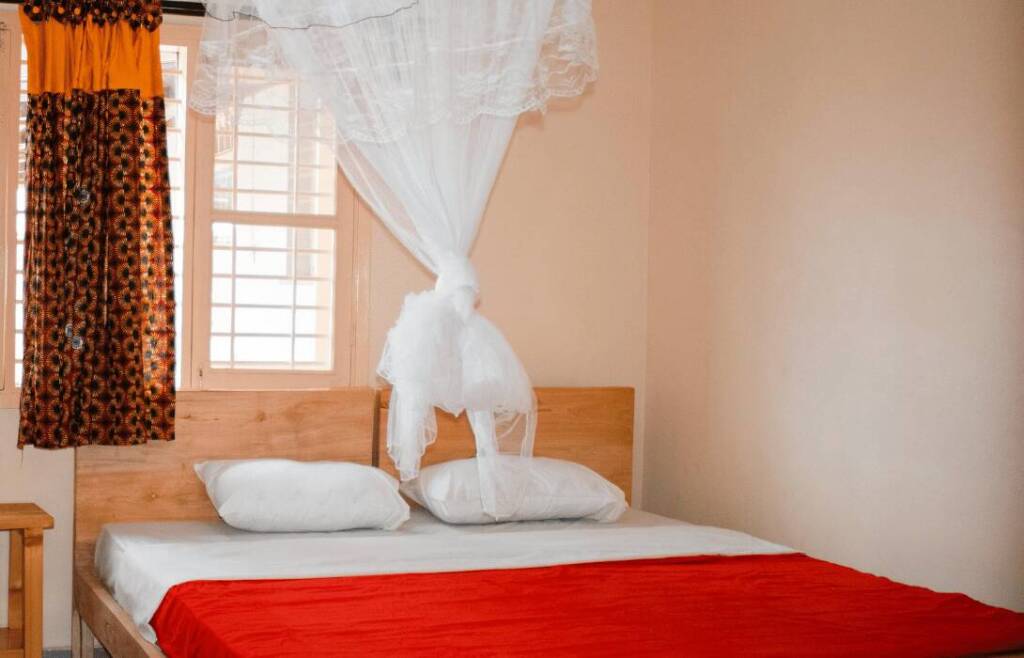
Protecting your investment and peace of mind
Panama is a rewarding destination. You can enjoy its wonders when you combine excitement with responsibility. A safe trip relies on common sense, research, and preparation for the unexpected.
This is where your travel insurance becomes an essential tool. Think about common traveler issues:
- Lost reservations: If your flight is unexpectedly canceled, travel insurance can cover the cost of lost, non-refundable reservations (hotels, tours).
- Lost luggage: If your bags are lost or stolen, coverage for luggage loss and theft helps replace essential items.
- Medical emergencies: In the event of a medical emergency in a foreign country, having insurance like Heymondo guarantees quality care without financial worry.
Don’t let unforeseen circumstances cloud your journey.
Featured stories

